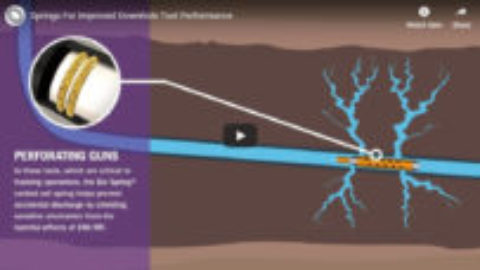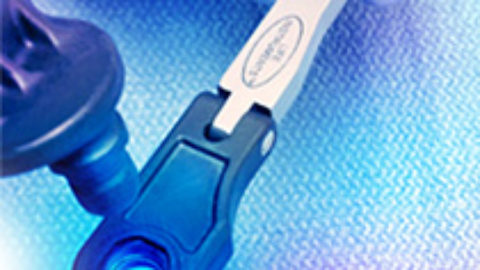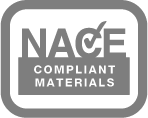The Crucial Role of Electrical Connectors in Deep Brain Stimulation Devices
Deep Brain Stimulation (DBS) has emerged as a groundbreaking therapy for a range of neurological disorders, offering hope to patients who previously had limited treatment options. At the heart of DBS devices lies a small array of electrical connectors, which play a pivotal role in enabling precise stimulation and monitoring. In this blog post, we will delve into the significance of electrical connectors, with a focus on headers and inline lead systems, in DBS devices. We will also explore the emergence of closed-loop systems and the demand for more channels, and introduce the concept of turnkey implantable connector systems, such as Bal Seal Engineering’s SYGNUS® implantable connector system.
Electrical Connectors: Facilitating the Flow
DBS devices consist of electrodes implanted in the brain, connected to an implanted pulse generator (IPG) typically located in the chest or abdomen. The connectivity between these components is established through electrical connectors, which allow for precise control of stimulation parameters and data retrieval. Headers, often used at the IPG site, and inline lead systems, which connect electrodes to the IPG, are fundamental in ensuring the reliable performance of DBS devices.
Closed-Loop Systems and the Need for More Channels
Closed-loop DBS systems have revolutionized the field by providing real-time feedback and adaptive adjustments to stimulation settings. These systems require a high number of channels to monitor brain activity accurately and modulate stimulation accordingly. More channels mean greater data acquisition, improved therapy outcomes, and a higher degree of patient customization.
However, this increased demand for channels presents a challenge for device manufacturers. They must find reliable and durable connectors that can accommodate numerous electrodes while maintaining electrical integrity and ensuring patient safety. They must also choose connectors that help reduce overall device size.
Turnkey Implantable Connector Systems: The Solution
To address these challenges and expedite the development of DBS devices, companies like Bal Seal Engineering have introduced turnkey implantable connector systems such as SYGNUS. These systems offer a comprehensive solution that combines connectors and seals for electrical isolation into one compact package.
1. Proven Connector Solution: SYGNUS implantable connector systems are designed and tested to meet the rigorous requirements of medical devices. Device makers can benefit from using a proven connector solution, rather than focusing efforts and resources on the vertical integration of an internally-developed one.
2. Seals for Electrical Isolation: Electrical isolation is paramount in medical implantable devices to ensure patient safety. SYGNUS systems integrate reliable seals that provide as much as 1 MΩ of electrical isolation. They also protect the critical header from the ingress of fluids.
3. Compact Package: The compact nature of SYGNUS systems allows for efficient use of space within the IPG and the electrodes, making it easier to accommodate a greater number of channels without compromising device size or performance.
Speed to Market Advantages of Electrical Connector Systems
By adopting turnkey implantable connector systems like SYGNUS, device manufacturers can significantly improve their speed to market. These systems streamline the connector selection process, reduce development time, and minimize the risks associated with unproven connectors. In the rapidly evolving field of DBS, where advancements are essential for patient well-being, timing is everything.
Electrical Connectors for the Future
The role of electrical connectors in DBS devices cannot be understated. They are the lifeline of these innovative therapies, facilitating precise stimulation and data collection. With the rise of closed-loop systems and the demand for more channels, the need for reliable connectors has never been more important. Turnkey implantable connector systems like Bal Seal Engineering’s SYGNUS offer a compelling solution, combining proven connectors and electrical isolation seals into a scalable stack with small pitch, helping device makers develop tomorrow’s therapies, enhance speed to market and ultimately improve the lives of patients living with neurological disorders.










